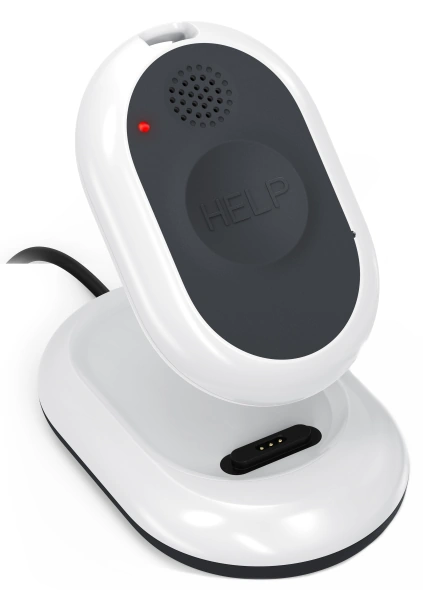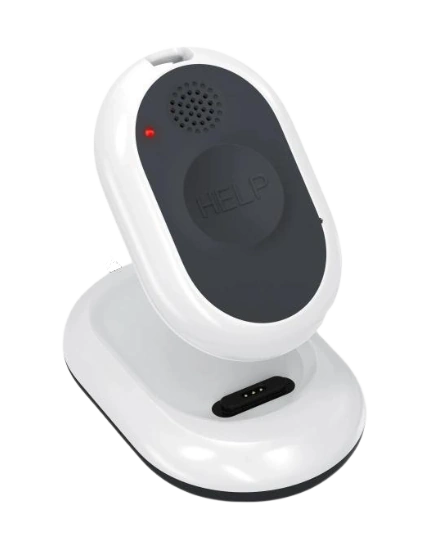Do You Need Hearing Insurance for Seniors?
Key Takeaway
Hearing insurance for seniors helps cover the high cost of hearing exams, hearing aids, fittings, and ongoing maintenance that Medicare often does not pay for. With hearing loss affecting millions of older adults, insurance makes early treatment more accessible, prevents expensive delays, and supports long-term cognitive, emotional, and social well-being. It also offers financial protection and peace of mind for seniors on fixed incomes.
Hearing loss is one of the most common health problems for seniors in the United States. With age, their hearing gradually diminishes. And it affects their talking, socializing, and normal activities.
But many don’t realize how expensive hearing care can be or that even original Medicare won’t cover most of the medical costs. That’s when hearing insurance for seniors functions as a financial backstop for these little-known medical expenses.
What Is The Need For Hearing Insurance For Aged Americans?
The older we get, the more common hearing loss becomes, as do the costs associated with it. So why should seniors consider hearing insurance at all, then?
Let’s break down the specific issues that make it more and more a matter of necessity in the United States.
High Prevalence Of Hearing Loss In U.S. Elderly Adults

In the United States, almost one in three adults aged 65 to 74 has hearing loss. Among those over 75 years, close to one in two falls into that category.
Hearing loss among older Americans is the third most common chronic health condition after hypertension and arthritis, as reported by the National Institute on Deafness and Other Communication Disorders (NIDCD).
And the situation is only worse because so many older people live decades with untreated or unrecognized hearing loss. Even more often, it is because hearing problems tend to gradually emerge, and people may not perceive the change or may not want to
Early intervention, such as screening for hearing and hearing aids, is important. But for many, inadequate insurance leads to a delay in treatment.
Hearing Aids Are Costly, And Medicare Doesn’t Always Cover Them
Hearing aids are one of the largest financial challenges older adults face when it comes to hearing health. Individual pairs can cost from $2,000 to $7,000, depending on the brand, technology, and fitting needs.
However, Original Medicare (Parts A and B) doesn’t cover hearing aids or routine hearing exams. This leaves seniors with limited alternatives unless they have additional coverage or buy insurance on their own.
Given that hearing aids usually need replacement every 3–7 years and often require periodic adjustments and checkups, the expenses quickly add up. This is where hearing insurance comes into play; it covers a portion or all of these costs and makes hearing aids more affordable.
Testing, Examination, And Hearing Devices Have Reoccurring Expenses
Hearing health doesn’t come with just one cost.
The services include periodic hearing tests, fitting appointments, cleaning and replacement parts, as well as accessories like batteries or Bluetooth receivers.
Even relatively small things like disposable wax filters or ear molds can develop into a regular out-of-pocket cost.
Other services for seniors must be maintained to ensure that their hearing devices are correctly calibrated and that their hearing health is not getting worse.
These services are covered by most full-service hearing benefits programs and allow for better long-term hearing healthcare at a much lower cost.
Untreated Hearing Loss Leads To Bigger Health Issues
It’s not just that you miss words or turn up the volume on the television. Studies have demonstrated a substantial association between untreated hearing loss and cognitive decline
Those suffering from hearing loss are at greater risk for dementia and Alzheimer’s. Depression and social isolation are also more prevalent in seniors whose hearing loss goes untreated.
These issues can have a tremendous negative effect on a senior’s standard of living. Insurance can lower the hurdles discouraging people from seeking treatment in the earliest stages when the risk of other serious health problems developing is lower.
These issues can have a tremendous negative effect on a senior’s standard of living. Insurance can lower the hurdles discouraging people from seeking treatment in the earliest stages when the risk of other serious health problems developing is lower.
Supplemental Plans And Medicare Advantage May Not Cover Enough
Hearing coverage is available on some Medicare Advantage (Part C) plans, but the services may be limited.
Frequently, they may cover only part of the cost of hearing aids, limit the choice of audiologists and hearing aid services, or require high co-pays.
Medicaid may or may not provide hearing aid coverage for seniors, depending on the state. That’s why a growing number of seniors get hearing insurance as a stand-alone policy.
These policies are designed to cover specific hearing needs. They tend to have higher benefits and more choices and cover more for diagnostics, devices, and follow-up care.
Peace Of Mind And Financial Planning

Surprise medical bills can impose stress, particularly for seniors on fixed incomes. Without hearing insurance, the sudden necessity of hearing aids or diagnostic exams would be a financial stress.
A specialized insurance policy can help seniors and their families to better prepare for these health care costs. It provides them with that peace of mind so they can feel confident that they can face whatever's next.
Also, it ensures that they get the care they need without needing to think about what they can afford.
How To Choose The Best Hearing Insurance Plan For You And Your Parents?
The right insurance plan can be the difference when it comes to the successful management of hearing health. There are a few important considerations:
- Coverage Details: Ensure the policy includes hearing exams, hearing aids, fittings, and follow-ups. Some plans go the extra mile and cover battery replacements or upkeep.
- Network Availability: See whether your preferred audiologists and hearing aid brands are covered by the network.
- Annual Limits And Waiting Periods: Many plans have annual limits or come with a waiting period before they can come into effect. Always read the fine print.
- Premiums vs. Out-Of-Pocket Costs: Weigh the monthly premium price against how much coverage you’re getting. Sometimes, a slightly higher premium results in much better overall savings.
- Bundled vs. Standalone Plans: Some insurers provide hearing care as part of vision or dental insurance rather than as standalone hearing coverage. Choose the one that’s right for you or your loved one’s individual needs.
It’s a good idea to compare several providers and read reviews to find a reputable and transparent insurance company. For personalized advice, feel free to speak with an independent insurance advisor.
Conclusion
In the United States, hearing care is a necessity, but it is often costly for seniors. Your debt for looking will be way less painful with good hearing insurance for seniors, allowing you to address the costs and get early treatment, as well as long-term maintenance, without flipping your budget.























